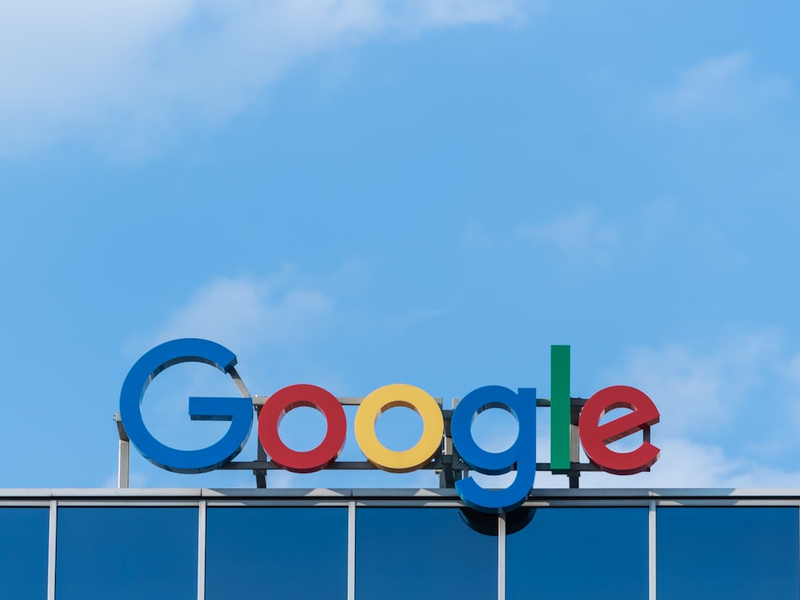Google's Tech Monopoly: The Landmark Antitrust Battle That Could Change Silicon Valley Forever

Photo by Pawel Czerwinski on Unsplash
In a groundbreaking legal decision that could reshape the tech landscape, a federal judge has delivered a significant blow to Google’s search engine dominance. Judge Amit P. Mehta ruled that the tech giant must share its search data with competitors, marking a pivotal moment in antitrust regulation.
The ruling stems from a comprehensive investigation that concluded Google has been operating as an illegal monopoly, maintaining its market stranglehold through strategic business practices. Unlike more extreme proposals that would have forced Google to sell off Chrome or Android, the judge opted for a more measured approach that requires data sharing with qualified competitors.
This decision draws parallels to the landmark Microsoft antitrust case from the early 2000s, where a similar approach of technological access was implemented. However, the current case carries even more weight, with Bill Baer, a former Obama-era antitrust official, calling it “the most important antitrust case of the 21st century”.
Technology experts are quick to note that the rapid pace of innovation might ultimately render this legal battle somewhat moot. AI chatbots are already challenging traditional search methods, and companies like Apple are developing increasingly sophisticated AI assistants that could disrupt Google’s current model.
Interestingly, this isn’t Google’s only antitrust challenge. A separate case addressing the company’s online advertising dominance is also pending, with a federal judge in Virginia having previously ruled against the tech giant.
The implications of this ruling extend far beyond Google. It signals a potential shift in how regulatory bodies view tech monopolies, suggesting a more proactive approach to maintaining competitive marketplaces. For consumers and smaller tech companies, this could mean more choices, increased innovation, and a more level playing field.
Google is expected to appeal the decision, which means the legal battle is far from over. The tech world will be watching closely as this case potentially sets a precedent for future antitrust regulations in the digital age.
As the tech landscape continues to evolution, one thing remains clear: no company, no matter how powerful, is immune to regulatory scrutiny.
AUTHOR: mei
SOURCE: SFist
























































